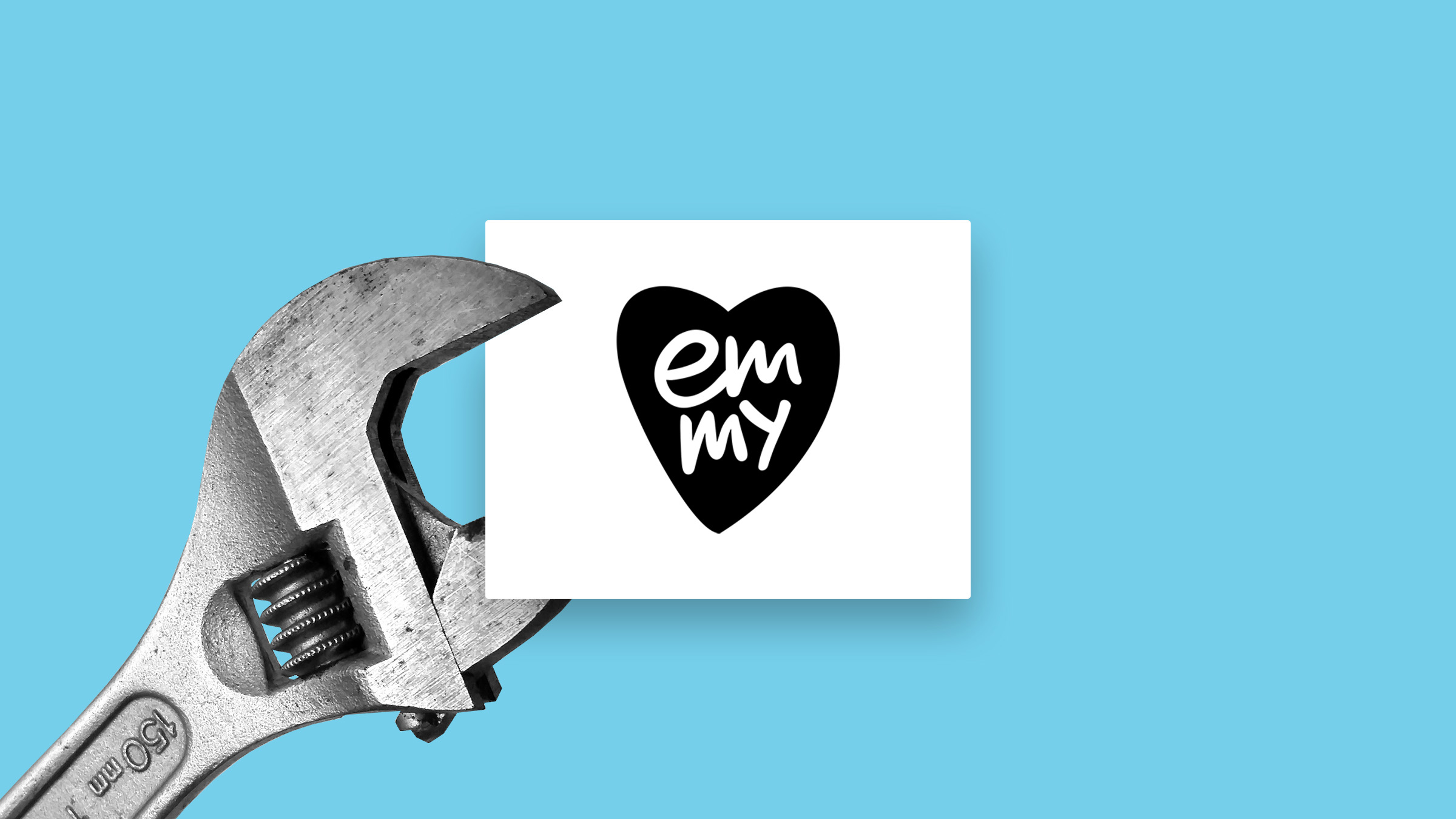Problem
Clothing manufacturing consumes vast amounts of water, land and chemicals and causes greenhouse gas emissions. Cheap clothes often have a short useful life, whereas quality items are in high demand even when used. From the point of view of the environmental load of the textile industry, the functioning of the aftermarket is a crucial factor. However, the sale and purchase of used clothes from second-hand stores and online marketplaces can be a hassle. Many consumers do not sell their old clothes even if they believe in recycling.
Solution: turnkey model for selling used clothing
Emmy offers consumers a convenient way to sell high-quality used clothes. The clothes can be dropped off at a collection point or sent to Emmy by post. Saleable products are photographed and priced on behalf of the consumer and entered in the online system. The products are then sold via the Emmy online store. Buyers have a 14-day cooling-off period on purchased products.
Revenue logic and benefits to Emmy
Emmy pays the seller the sold price minus Emmy’s commission and delivery charges. Since Emmy only pays out on sold items, the business model is low risk, although work hours are spent on all items regardless of whether they sell or not. Buyers pay a delivery charge for any purchases under €49.
Benefits to customers
Sellers save a lot of time and effort compared with other reselling solutions: they don’t have to price or photograph the clothes themselves, and they can send a number of items for sale in one go. Buyers can save money by buying used designer clothes instead of new ones. High-quality items can be passed on many times. Emmy has partnership agreements in place for its collection points with retailers such as the Stockmann department store.


















Recommended
Have some more.